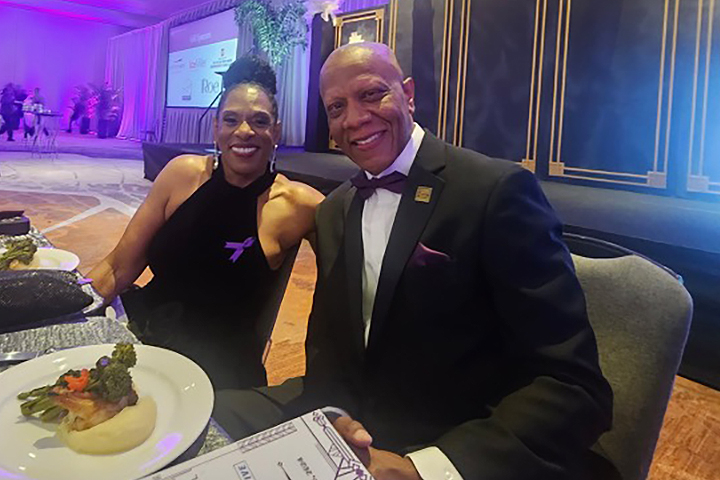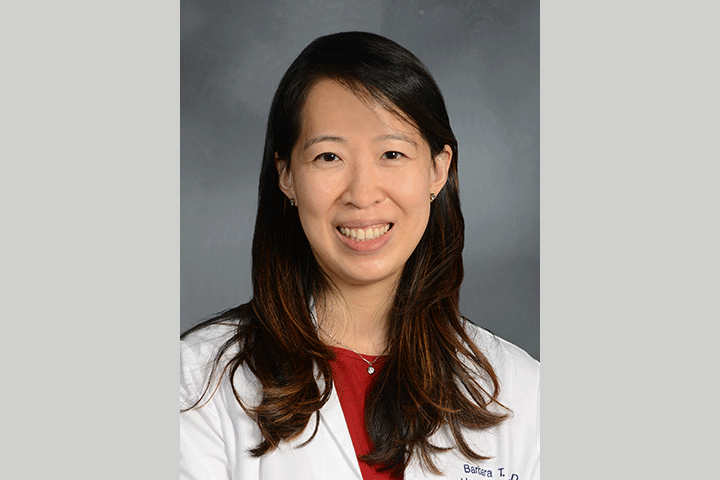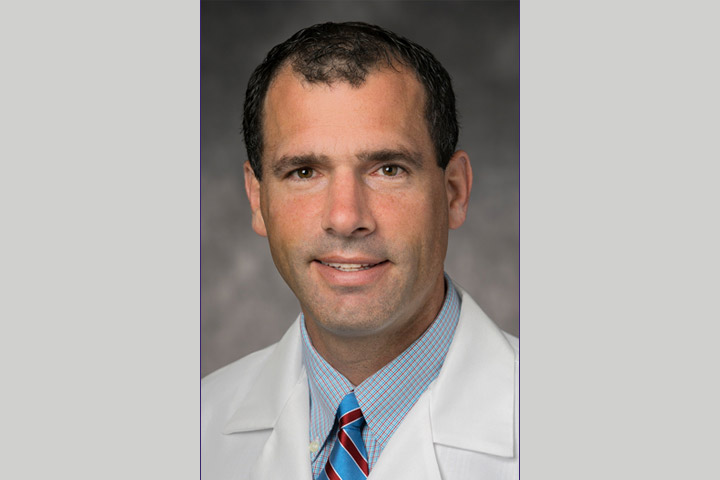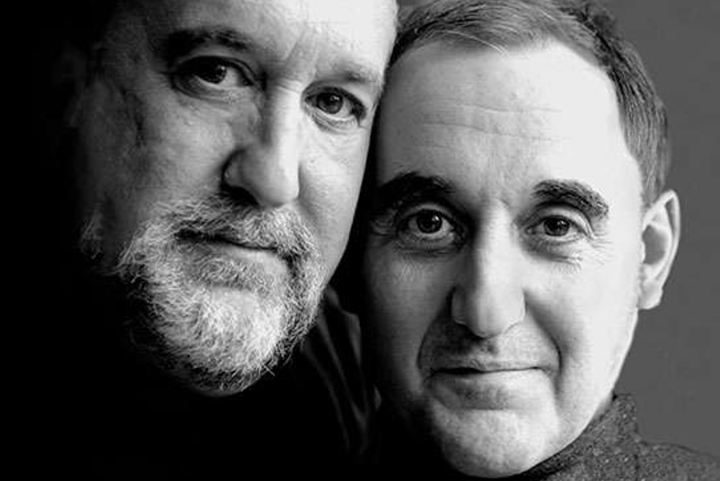More Info = Less Fear

- Warning signs included diabetes and weight loss
- Guided biopsy provided definitive diagnosis
- Chemo before and after Whipple surgery
Aggressive and uncontrollable diabetes. That’s how it all began.
In November 2022 my body kicked itself into an intolerable state of diabetes and I began losing weight unexpectedly. I knew I needed to figure out what was going on right away.
I called my PCP to get scans of my abdominal area. I went to Ascension St. Vincent in Indianapolis, Indiana, where I live. Starting in January of 2023, I underwent a series of scans. I had an ultrasound, which showed a dilated duct at the head of the pancreas. However, there was no definitive diagnosis. I then had a CT scan (with and without contrast), which supported the ultrasound’s findings but there still was no definitive diagnosis. Next came an MRI (also with and without contrast), which supported the CT scan’s findings but still gave no definitive diagnosis. Finally, on February 10th, I had an endoscopic ultrasound (EUS) guided biopsy that gave me a definitive diagnosis: stage I pancreatic adenocarcinoma.
A Second Opinion
I met with a surgeon and oncologist at Ascension St. Vincent, and the first thing we did was genetic testing, even before my treatment program was finalized. Even though I was negative for mutations (such as BRCA) and the testing did not have an impact on my treatment, I’m still glad to have had it done.
My doctors at Ascension suggested I could leverage the standard treatment plan of chemotherapy, Whipple surgery, and post-operative chemotherapy because I was diagnosed at an early stage. I was scheduled for 12 rounds of chemo with fluorouracil (5FU): six rounds of neoadjuvant (pre-surgery), then a Whipple procedure, followed by another six rounds of adjuvant (post-surgery) chemo.
I decided to go to MD Anderson in Houston, Texas for a second opinion. The doctor at MD Anderson agreed with the treatment plan. Initially I was going to relocate to Houston for my treatment, but the doctors at MD Anderson informed me that Dr. Michael House at Indiana University Health Simon Cancer Center is one of the top Whipple surgeons. IU Health is approximately 10 miles from my home. The doctors at MD Anderson pointed out that if I chose Dr. House, I would be able to have my network of family and friends close to me. So I decided to select Dr. House and reached out to him to get him to be my Whipple surgeon of choice.
Chemo + Whipple + Chemo
I came back home and started with the St. Vincent oncologist. I started chemo with an infusion every other week, including four hours at the infusion center and an additional 46 hours with an infusion pump at home.
Then on June 14, 2023, I had my Whipple procedure. My surgery went well—it was pretty much uneventful. However, I had a serious challenge after the surgery. My stomach took nearly three weeks to wake up and start functioning—it wasn’t emptying. As a result, I couldn’t eat, so I lost an additional 40 pounds and was readmitted to the hospital to be fed intravenously and to have bile pumped from my stomach.
My stomach finally started working and I started my post-surgical chemo. I did two chemo sessions with Ascension St. Vincent, then switched to an IU Health oncologist for chemo sessions nine thru 12. I did this so that all of my cancer services would be at IU Health, eliminating communication challenges between medical institutions. Dr. Laura Vater was recommended by Dr. House, so she is my current oncologist and will be monitoring me over the next five years.
I was blessed to have only minor side effects with the chemo. I experienced neuropathy, cold sensitivity, and elevated liver enzymes. I did not have nausea, fatigue, or any of the other standard illnesses and discomfort that often accompanies chemo.
A New Focus
It’s been 14 months since I finished the treatment and I’m finally getting back to a normal physical life. It has taken me one year to learn what my digestive system can manage and to adjust to the digestive enzymes. I’m now able to work out with weights and add muscle. I have picked up the weight I lost—I’ve gained nearly 40 pounds and am feeling good about my strength and stamina.
I feel blessed to have had four quarterly scans and blood work that showed no evidence of disease. I now focus on supporting newly-diagnosed pancreatic cancer patients and their families, as the diagnosis can be life-changing.
I strongly recommend that all cancer patients self-advocate. It’s imperative that we communicate to our doctors what our bodies are experiencing so we can receive proper medical attention in a timely manner. It is important for patients and their families to continuously increase their self-awareness of the disease as it helps everyone understand what to expect and what treatments to explore. This understanding ultimately leads to a reduction in fear and anxiety.



